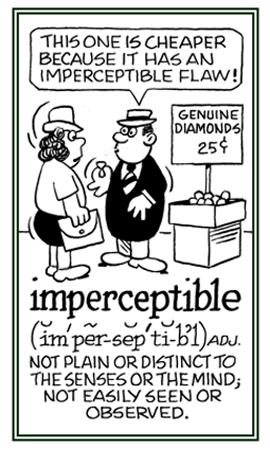cap-, cip-, capt-, cept-, ceive, -ceipt, -ceit, -cipient
(Latin: catch, seize, take, take hold of, receive, contain, hold; caught, taken prisoner)
Don't confuse the words in this cap-, cip- unit with those in the capit-, capt-, "head; leader, chief", or "first" unit of words.
2. In law, to sever the legal authority over one’s own offspring: Mildred was quite smart and received her high school diploma while she was just 15, enabling her to start her university education in another city and being independent; therefore, being emancipated from control by her mother and father.
3. The age at which a person is granted by law the rights and responsibilities of an adult: In some places, the legal code states that minors, starting at 16, are allowed to smoke cigarettes, even though their parents don’t smoke themselves and are of a completely different opinion.
4. Etymology: from Latin ex- "out, away" + mancipare, "to deliver, to transfer, to sell"; from mancipum, "ownership"; from manus, "hand" + capere, "to take".
This word comes from Latin emancipare, which originally meant "free from parental power". This was a compound verb that was formed from the prefix ex-, "out of" and mancipium, "ownership:; and referred in Roman law to the freeing of a son from the legal authority of the male (pater) head of the family (patria potestas), thus making him responsible for himself in law.
The association of the verb with the "freeing of slaves", the basis of the present English meaning, is a modern development.
2. The condition of being liberated: Emancipation was the only thought Jane had when she discovered her life being filled with household chores, with no contacts with her former friends, and no income of her own.
3. Etymology: the e is a short form of ex-, "out of"; man in this case is a short form of manus, "hand"; while cip is the root of "to take"; and tion is a suffix that is used to make a noun of a verb form: therefore, emancipation is "the act of taking out of the hand"; hence, "the act of setting free".
2. To express in a brief summary; epitomize: headlines that encapsulate the news.
3. To show or to express the main idea or quality of something in a brief way.
4. To completely cover something; especially, so that it will not touch anything else: "The contaminated material should be encapsulated and removed."
"Except is either a preposition or a verb that shows exclusion: "Everyone smiled except Mildred."
"In making these remarks, I except present company."
"This is true in general, present company excepted."
"Everyone is expected to take the exam except 'A' students."
2. Taking or leaving out, omitting, excluding: "All of the children got balloons, except Billie, who received a kite."
3. Etymology: from Latin exceptus, excipere "to take out"; from ex-, "out" + capere. "to take".
2. An atitude by a country that its cultures, economic conditions, etc. are distinct from and are better than other countries.
2. Etymology: from Latin forceps, "pair of tongs, or pincers"; a compound of formus, "hot" + the root of capere, "to hold, to take".
There are imperceptible differences between what the weather was like yesterday and what is going on today because the conditions are almost exactly the same.
2. Relating to something that is very slight or so insignificant as to be barely noticeable: Gerald and his older sister are so close to having the same imperceptible weight that no one would ever think that one is heavier than the other one.


